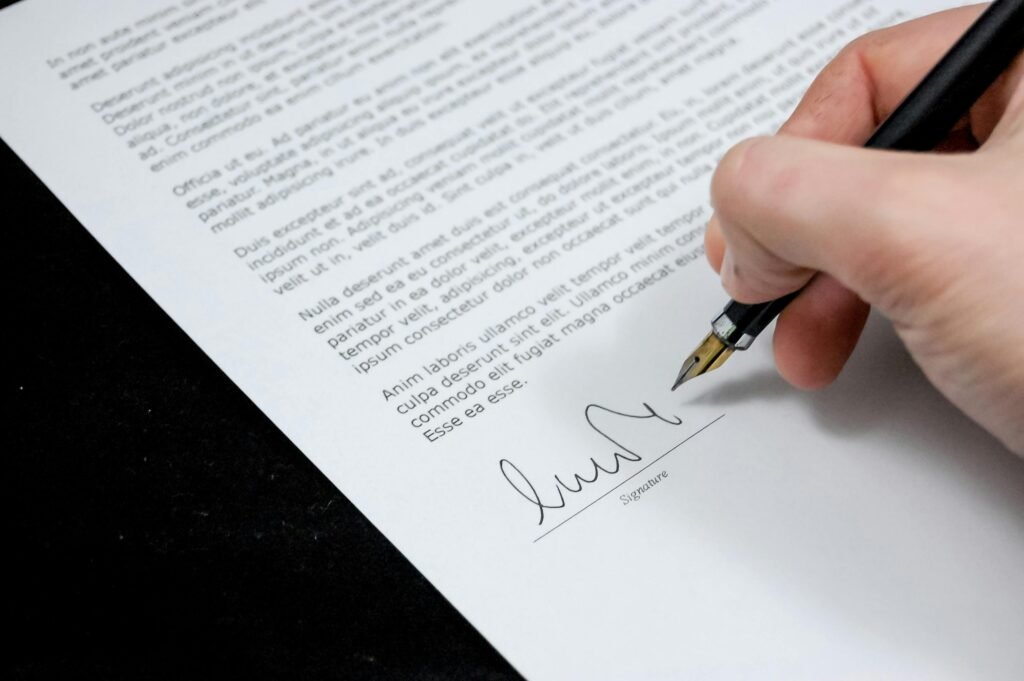Finding the right legal support can make a world of difference when navigating life’s more complicated moments. Whether you’re managing a business, resolving a dispute, or planning your estate, working with a qualified lawyer byron bay can provide the clarity and confidence needed to move forward. Choosing the right lawyer isn’t just about expertise—it’s about finding someone who understands your specific situation and communicates in a way that makes you feel supported.

Understanding Your Legal Needs
Before seeking help, it’s important to define what kind of legal issue you’re facing clearly. Legal professionals often specialize in particular areas of law, and understanding your own needs will help narrow the search. For instance, if you’re buying or selling property, a conveyancer or property lawyer is ideal. If you’re dealing with a divorce, custody arrangements, or family-related matters, a family lawyer is better suited. For business contracts, disputes, or partnerships, a commercial lawyer can guide you through compliance, risk management, and negotiation.
By identifying your goals—whether it’s resolving a conflict, protecting assets, or drafting important legal documents—you’ll be better prepared to find a lawyer whose expertise aligns with your situation.
Common Areas Where Legal Help Is Needed
Legal assistance can be beneficial across many aspects of life. Some of the most common reasons people seek out legal professionals include:
- Property and Real Estate – Buying, selling, or leasing property can involve complex legal requirements. A lawyer ensures that contracts are fair, property titles are clear, and transactions run smoothly.
- Family and Relationships – Legal advice can help you navigate sensitive issues such as separation, child custody, or financial settlements with confidence and empathy.
- Business and Employment – Whether you’re launching a startup, hiring employees, or facing workplace disputes, having a lawyer on your side helps protect your business and ensures compliance with the law.
- Wills and Estate Planning – Organizing your will and estate is an important step in securing your family’s future. A lawyer can help you prepare clear, enforceable documents that reflect your wishes.
- Dispute Resolution – From neighborly disagreements to contractual conflicts, mediation and negotiation guided by a lawyer can often resolve matters before they escalate to court.
Regardless of the issue, early legal intervention is often the best strategy. Acting quickly can prevent small problems from becoming costly or emotionally draining disputes.
How to Evaluate and Choose the Right Lawyer
Selecting the right lawyer is both a practical and personal decision. Here are key steps to make the process easier:
- Check Credentials – Ensure your lawyer is licensed and accredited through a recognized legal authority. Membership in professional organizations can indicate a commitment to ongoing education and ethical practice.
- Consider Experience – Ask how long they’ve practiced and whether they have handled cases similar to yours. Experience often leads to better problem-solving and more efficient outcomes.
- Assess Communication Style – Legal issues can be stressful. Choose someone who listens carefully, communicates clearly, and explains complex topics in plain language.
- Understand Costs – Transparency about fees is essential. Ask for an estimate, including potential additional costs, and find out whether they offer fixed rates, hourly billing, or payment plans.
- Read Reviews or Get Referrals – Personal recommendations or online testimonials can reveal how a lawyer works with clients and handles different types of cases.
Ultimately, the best lawyer is someone you trust. You should feel comfortable sharing details about your situation and confident that your lawyer will act in your best interests.
What to Expect When Working With a Lawyer
Once you’ve selected a lawyer, the first consultation usually involves discussing your circumstances and goals. This meeting helps both parties determine whether the relationship is a good fit. A good lawyer will outline possible legal options, clarify timelines, and provide honest feedback about potential outcomes.
Throughout the process, expect professionalism, confidentiality, and consistent updates. Legal work often involves complex documentation, but your lawyer should make every effort to keep you informed and engaged. You should also expect empathy—many lawyers recognize that their role extends beyond paperwork to providing reassurance and practical guidance during challenging times.
Final Thoughts
Choosing the right legal help can protect your interests, reduce stress, and save you time and money. Whether you’re making a significant life decision or facing an unexpected challenge, the right legal partner can guide you through with expertise and care. With thoughtful research and clear communication, finding the right lawyer byron bay becomes less about uncertainty and more about empowerment. The best legal support isn’t just about solving problems—it’s about helping you move forward with peace of mind and confidence in every decision.